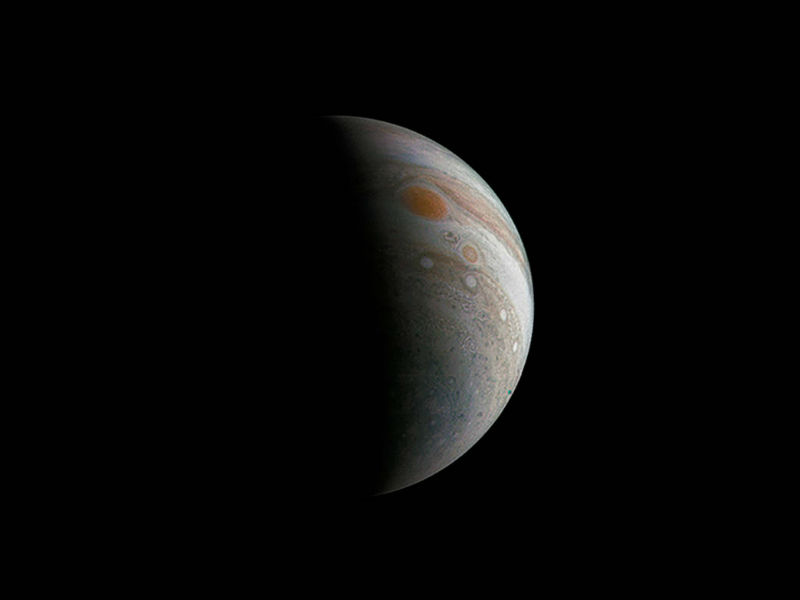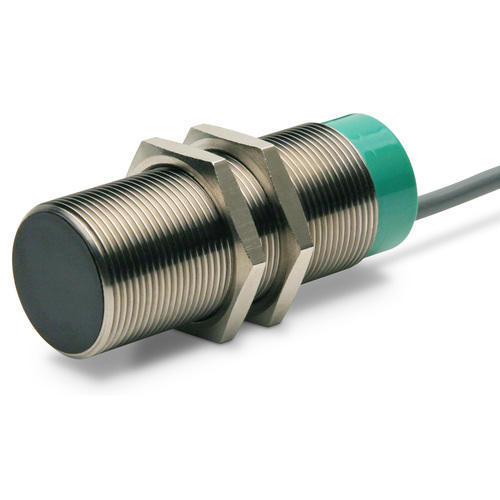
Juno Probe Photographed Spectacular Views of ‘String of Pearls’ and ‘Great Red Spot’ On Jupiter
National Aeronautics and Space Administration (NASA) has recently published some spectacular images of Jupiter, beamed by its Juno spacecraft, which is orbiting Jupiter since 2016. The released images of NASA have revealed some of the stunning views of Planet Jupiter including the event of mega-storms and Great Red Spot. The space probe with its high-end JunoCam instrument has clicked the eye-catching sights of Planet Jupiter which also includes the pictures of mysterious Great Red Spot and Strings of Pearls. The pictures also revealed a mega-storm on Jupiter, which is active since many centuries and is much bigger than earth.
The stunning pictures are created by an inhabitant scientist who used the raw imagery data taken NASA’s Juno spacecraft. The space probe, which started orbiting the gas planet Jupiter on July 4, 2016, has previously been transmitted some of the best views of the planet and the recent ones are truly exceptional. Roman Tkachenko, the creator of this imagery data reframed the raw data transmitted by the onboard JunoCam instrument on the June spacecraft for creating this marvelous piece. The pictures used for the recent project were clicked by Juno as it is taking its third close flyby of Jupiter.
When the data collected, the probe was orbiting 285,100 miles far from the gas planet and hence it is giving some clear initiative about the size of Jupiter. However, the closest orbiting target of Juno is 3,100 miles.
According to the officials of NASA, “The imagery data, created by the citizen scientist, Roman Tkachenko are representing a number of prominent features of the gas planet like the celebrated Great Red Spot and some of its smaller cohorts, Oval BA, a cluster of round and white tempests cross in the region of Jupiter. It means Jupiter now has eight of such storms, which are recognized as the “string of pearls.”
The Great Red Spot is clearly visible in the pictures. It is the most visible indication of Jupiter’s chaotic atmosphere, which is nearly 25,000 miles broad. NASA, for providing better and trouble free access to the stunning views and details to the Jupiter imagery, has published all of the picture’s data for public and citizen scientist Roman Tkachenko, by going through this data has created the spectacular views of the gas planet.


